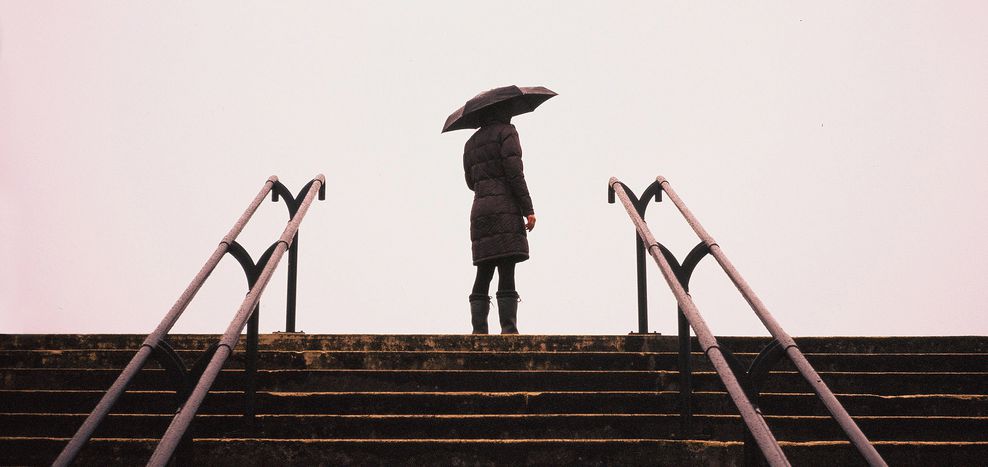
Brexit: The referendum that should never have been called
Published on
[Opinion] When the man on trial for assassinating pro-Remain MP Jo Cox gave his name in court as "Death to traitors, freedom for Britain", he roundly put to bed any shred of argument that her murder wasn’t political. Since the attack, a petition has been circulating calling for the EU referendum to be cancelled. Yet for this author, the vote should have never been called in the first place.
The United Kingdom. Great Britain. The British Isles. The nation I grew up in is given many names, much to the confusion of our European counterparts. Yet however you refer to the political body whose citizens get a say in the upcoming EU referendum, my homeland is in the process of scripting a saga that could define its identity for a generation – and it's all built on pithy electoral pandering.
Last week, right-wing nationalist Thomas Mair was arrested for the assassination of Labour MP and tireless charity worker Jo Cox. In the light of her death, and the subsequent temporary suspending of referendum campaigning, more than 55,000 people signed a petition calling for Thursday’s vote to be called off entirely.
But this is a referendum that should never have been offered in the first place. Britain is a representative democracy. We elect members of parliament to collectively make decisions in our name. Political scaremongering and sensationalist reporting, both of which conjure up an atmosphere of hatred and fear, do nothing but highlight the need for well-informed voices to be given precedence in the debate – without fear of violent reprisal from those not willing to look beyond the needs of their own insular communities.
David Cameron should never have appeased the burgeoning xenophobic British right wing by calling an ill-timed referendum on one of the most complicated and multi-faceted political systems currently in operation around the world. We don’t get to say a word when the government refuses to welcome 3,000 unaccompanied refugee children, but we’re asked a black or white question about our membership of the supranational economic body prompting us to do more to help refugees? In what universe does that make sense?
Looking at the outsized rhetoric being presented on both sides of the debate, it seems baffling how politicians could have washed their hands of the decision. If Brexit will really irreversibly destroy the British economy, then why are we able to vote for such lunacy? If staying in the EU was really going to cause an influx of malicious, greedy, sexually abusive migrants into Britain, then why on earth would our politicians not already have signed the divorce papers?
Because more than issues of the economy or migration, the heart of the matter concerns a deeper question of identity. How we choose to relate to the rest of the world is a decision that will govern the UK's political makeup for decades to come – and the Leave side has made its case perfectly clear. Any legitimate criticism of the EU's functionality has now been buried under a populist torrent proclaiming the need to "take back control" of the country.
This referendum was called by a prime minister who opposes leaving the Union, but who sought to stay in power by appeasing this purple-tinted nationalistic stripe. Those who can must now vote on how the country will be perceived throughout this pivotal period in European history. Now is not the time for nationalism, unless it manifests through the pride we could have in our collective power to display decency, humanity and compassion in the face of tragedy – be it caused by cold-blooded murder or humanitarian crisis.
How we define ourselves now will have a lasting impact – voting remain is clearly the less damaging definition. But the kingdom feels less united than it has in my lifetime, and there's a hundred different theories as to what makes Britain "great". It seems the only thing we agree on is that we are, in fact, isles.
---



